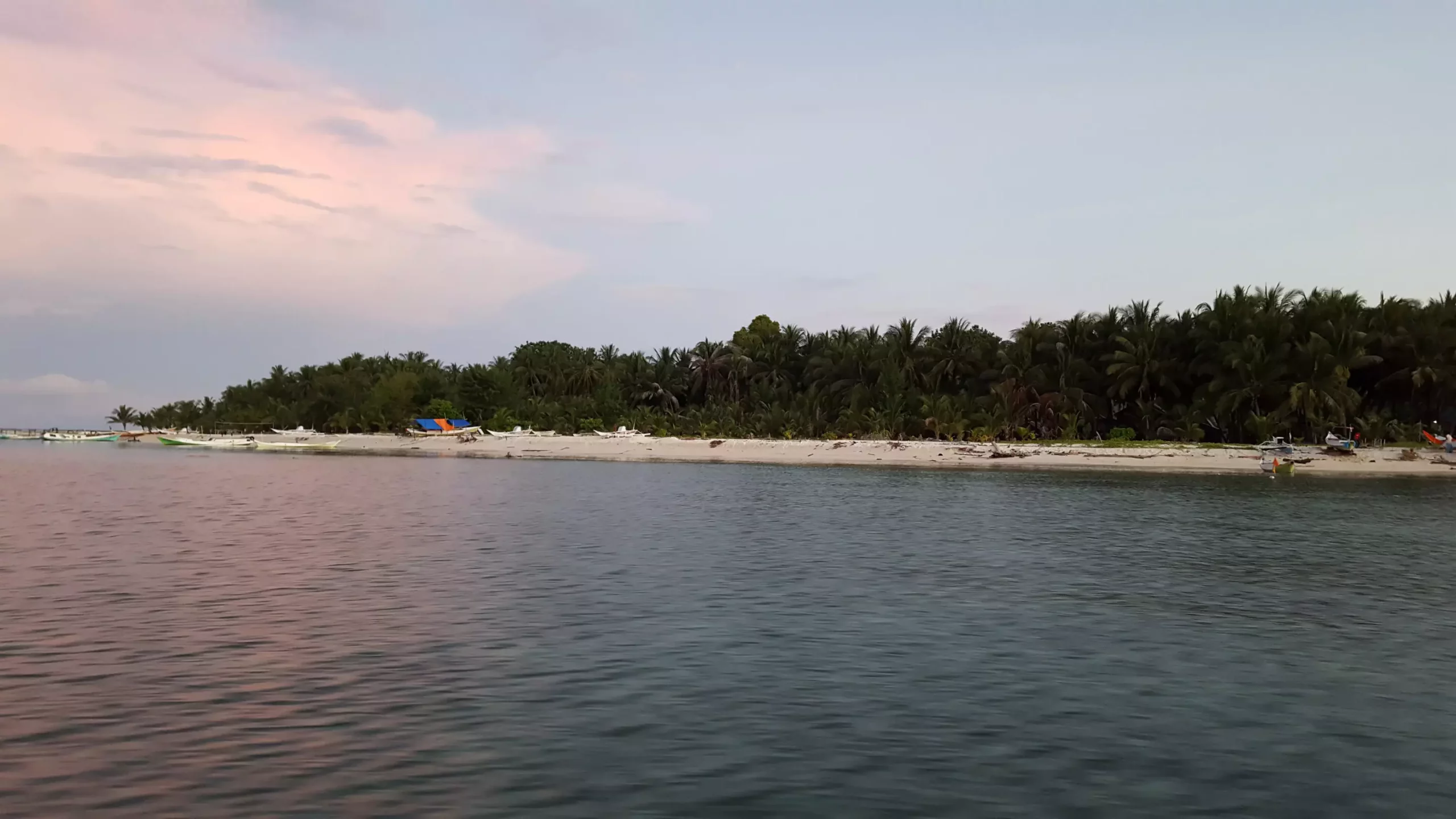Nestled within the vibrant yet fragile ecosystem of the Spermonde Archipelago in Indonesia, Langkai Island presents a captivating mystery in the realm of marine science. While many coral reefs around the world suffer from alarming rates of degradation due to climate change and human intervention, Langkai has shown an intriguing capacity for growth. Recent findings challenge established perceptions regarding the direct relationship between reef health and island development. Researchers, spearheaded by Yannis Kappelmann from the Leibniz Center for Tropical Marine Research (ZMT), have embarked on a significant study, uncovering pivotal insights into this aquatic paradox.
The falling fortunes of coral ecosystems arise from various threats, including rising global temperatures and local practices like overfishing. However, as Kappelmann’s team delved into Langkai Island’s sediment composition and coastline evolution, they unveiled that the ecological narrative is not as straightforward as it may seem.
Coral Degradation and Algal Ascendance
Understanding Langkai Island’s growth requires us to grasp the relationship between the island’s development and the surrounding reef systems. Skeletons of corals, shells, and calcareous algae historically provided the fundamental building blocks of these tropical habitats. As marine ecosystems shift, largely influenced by anthropogenic factors, there exists a potential for island sediment compositions to reflect these changes.
The study conducted involved meticulous examination of over fifty sediment cores, revealing a noticeable shift: a dramatic decline in coral skeletal fragments accompanied by a pervasive increase in calcifying algae, specifically Halimeda. This raises questions about the implications of such a transformation; while the composition of sediments appears to adapt successfully, the question remains: how does this change affect the long-term stability and resilience of the island?
Interestingly, the research team also leveraged satellite imagery to understand the morphological changes along Langkai’s coastline from 1999 to 2023. The results suggested a remarkable increase in the island’s area — a 13% growth — despite the surrounding coral health declining. This revelation indicates an unexpected adaptability of segments of the ecosystem, prompting us to reconsider our assumptions about reef island vitality.
Unpacking the Dynamics of Resilience
What do these findings signify for our understanding of reef islands and their ecosystems? It seems that the repercussions of coral decay do not inevitably translate into adverse outcomes for all aspects of island environments. The emergence of macroalgae as a significant contributor to sediment composition presents an opportunity for reevaluation. In ecosystems marked by increasing algal dominance, it appears that these islands are still capable of sourcing sufficient sediment for their coastlines.
However, one must approach this narrative with caution. While short-term adaptability might suggest a form of resilience, long-term projections remain concerning. Coral reefs are not merely decorative structures; they serve crucial roles as natural barriers against erosion, stabilizing islands and providing habitats for diverse marine life. The degradation of coral reefs may share roots with increased algae growth, which superficially appears beneficial but belies deeper ecological fragility.
The Call for Sustainable Intervention
Highlighting the dynamic nature of reef islands, Hildegard Westphal, another notable contributor to the study, elucidates that degraded reefs can still furnish useful sediment for islands, but this should not be misconstrued as a solution to the broader crisis facing marine ecosystems. As reefs continue to recede, the stability they afford to surrounding land masses inevitably diminishes. The alarming reality is that should coral reefs vanish, coastal erosion would accelerate dramatically, placing island habitats at risk.
Local initiatives aimed at protecting marine ecosystems have emerged as a critical response to these challenges. Collaborating with communities, scientists are exploring sustainable practices to bolster reef health and ensure the long-term survival of both coral reefs and the islands they support. Encouraging sustainable fishing methods, promoting awareness, and engaging local populations in conservation efforts must be deemed paramount.
The journey of Langkai Island offers invaluable insights into the intertwined fates of coral reefs and their nearby islands. While adaptability in sediment composition evokes a sense of resilience, it also surfaces the stark realities of declining reef health. The findings highlight that immediate gains in land area do not secure ecological security for the long term. We must remain vigilant and proactive in our collective efforts to protect these fragile ecosystems. The survival of reef islands hinges not just on their ability to adapt but significantly on the protection and rehabilitation of the coral reefs they rely upon.


Leave a Reply